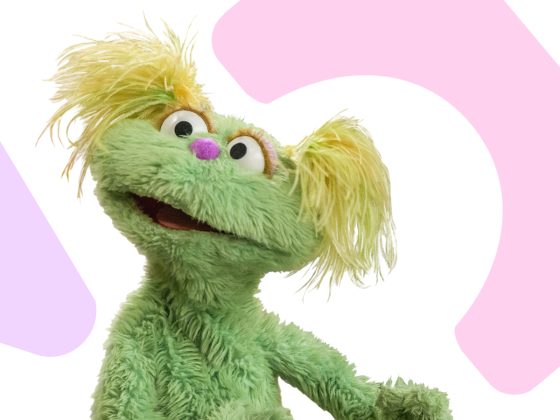
Talking About It
Suggested answers to children’s most difficult questions about foster care.
Here are some questions you might hear and ways you might consider responding. Children may need to hear the answers again and again. Every conversation will be different, depending on children’s age and circumstance, developmental level and the length and quality of a relationship.
Another thing to keep in mind when having tough conversations is that sometimes the best approach is to answers children’s questions by gently asking questions that can help you really understand what children are asking. For instance, “Are you worried about something?” “You seem concerned, what are you thinking about?” “Is there anything else you want to ask?”
Why am I living away from Mommy and/or Daddy?
- Sometimes mommies and daddies need help getting well enough or learning to take better care of their children.
- What do you miss about your mommy/daddy? Our home is a safe place to stay while the grown-ups figure out the best plan. We want you here; we’re here to take care of you.
Why can’t I go home?
It’s not a safe, healthy place for you to live right now.
When can I go home?
Grown-ups who care about what happens to you are trying to figure that out. We all hope you’ll be able to see Mom/Dad/siblings soon.
What do I tell kids who say I am a foster child?
What might you like to say? (Talk through their response.) “You could say, I have more even grown-ups who love me now. They’re my for-now parents—they’re taking care of me until my mom/dad can again.”
Doesn’t my mom/dad love me?
Your mom/dad does love you very much. There are some problems they need help with so that they can take good care of you. You are holding each other in your hearts and that does not ever change.
Why do I have to go to court?
Grown-ups called lawyers, judges, and caseworkers are working together to try to figure out the best plan to keep you safe. They might ask you questions to help figure that out, and you need to tell the truth.
When can I see my brother/sister? (if children have been separated from siblings)
- (if you don’t know) We just don’t know that right now. The grown-ups are working to figure that out. I’ll tell you as soon as I know.
- If you know for sure, say the day or date. Older children might benefit from seeing it on a calendar; younger children can be told in more concrete ways, such as “after two sleeps” (meaning two nights from now) or “when there is snow on the ground” or “every Sunday after church.”
Is it my fault that I got taken away? (If children reported the incidents that caused the removal from their birth family, they are especially likely to believe it’s their fault.)
- No matter what happened, it is not your fault.
- It’s a grown-up problem.
- You didn’t cause the problem, and you can’t fix it.

The Creature Connection
How the human-animal bond can help heal.
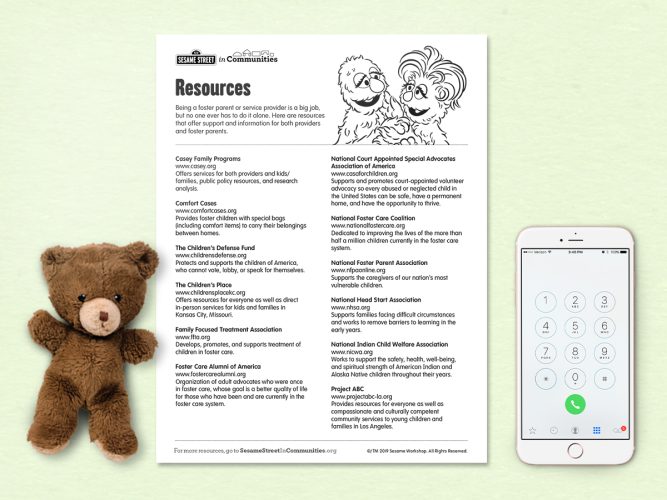
Foster Care Resources
Resource sheet for providers and parents working within the foster system.
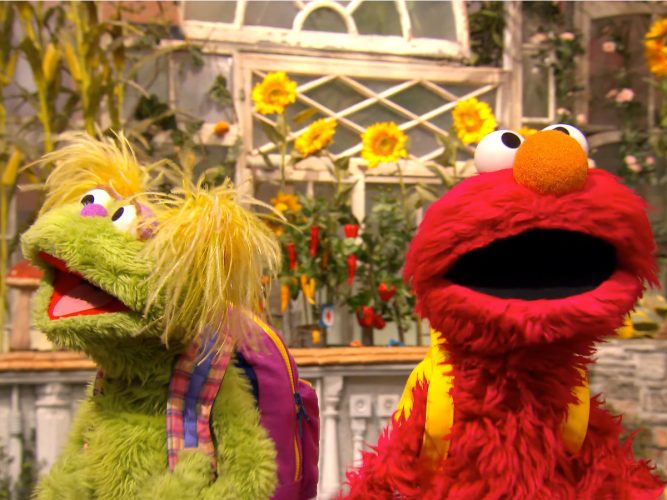
The World Sings to You
A song about listening.
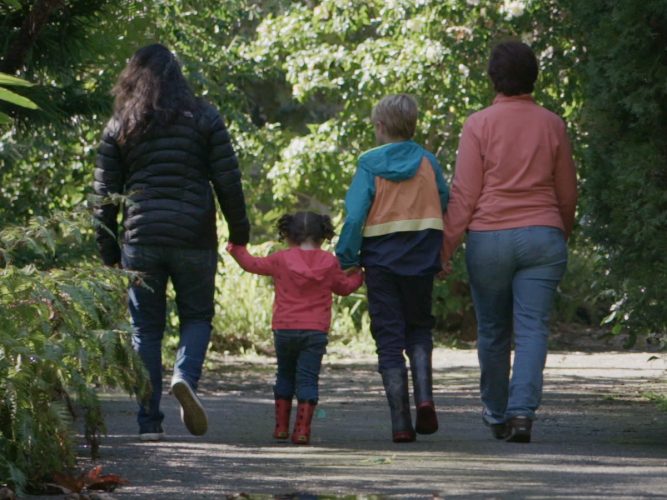
Challenges & Strategies
Reflect on a moment or a period from your childhood when you went through a challenging transition (if you’re with a group, you might share with others).
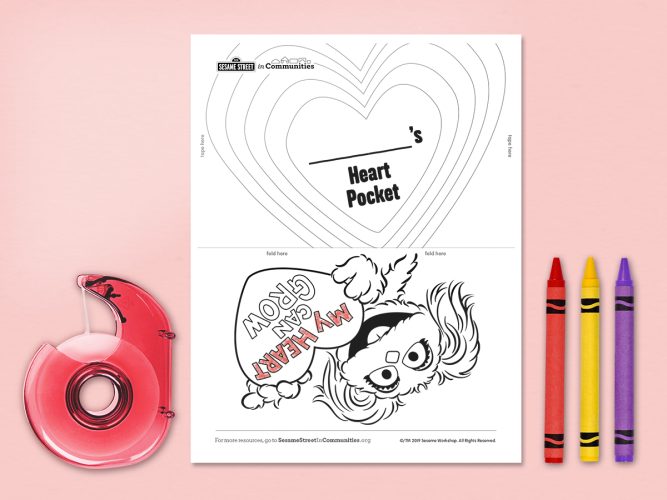
Heart Pocket
Here’s an activity to remind children that they do not lose their memories when they’re separated from those they love—they carry their memories in their hearts.
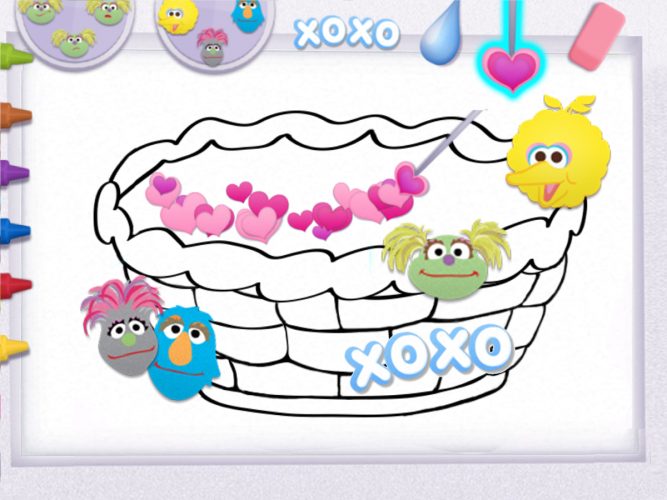
Artmaker: Draw It Out! Foster Care
Digital, open-ended drawing activities to help children with expressing feelings.
